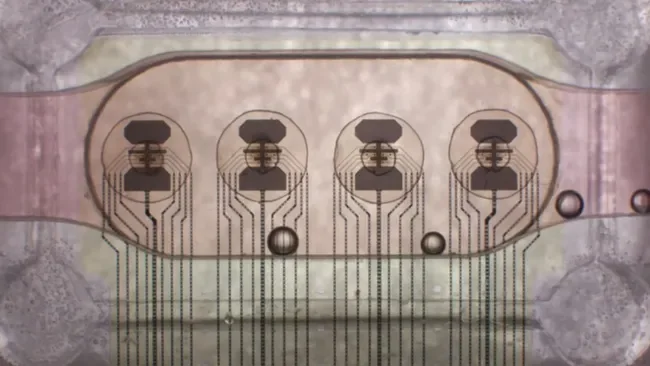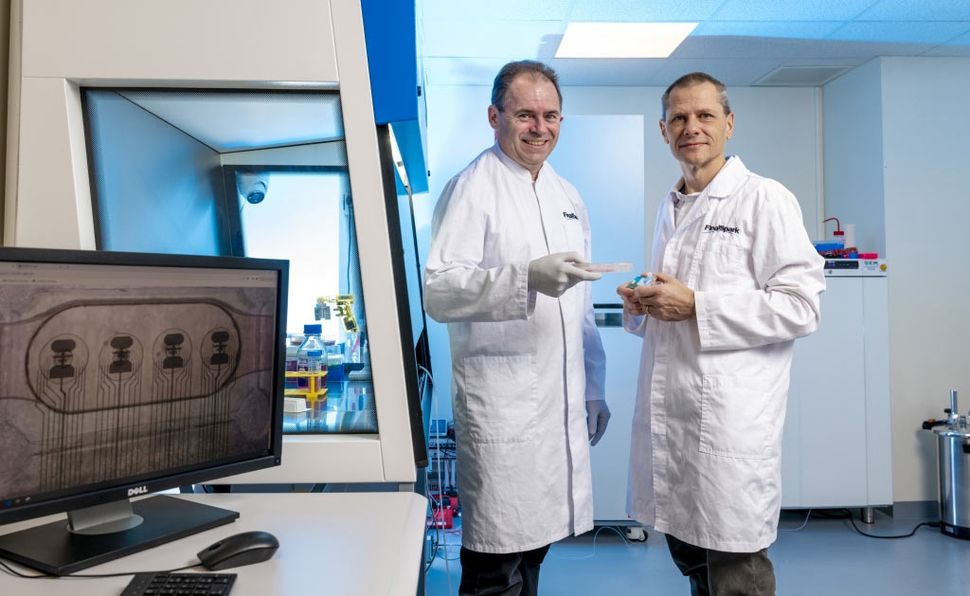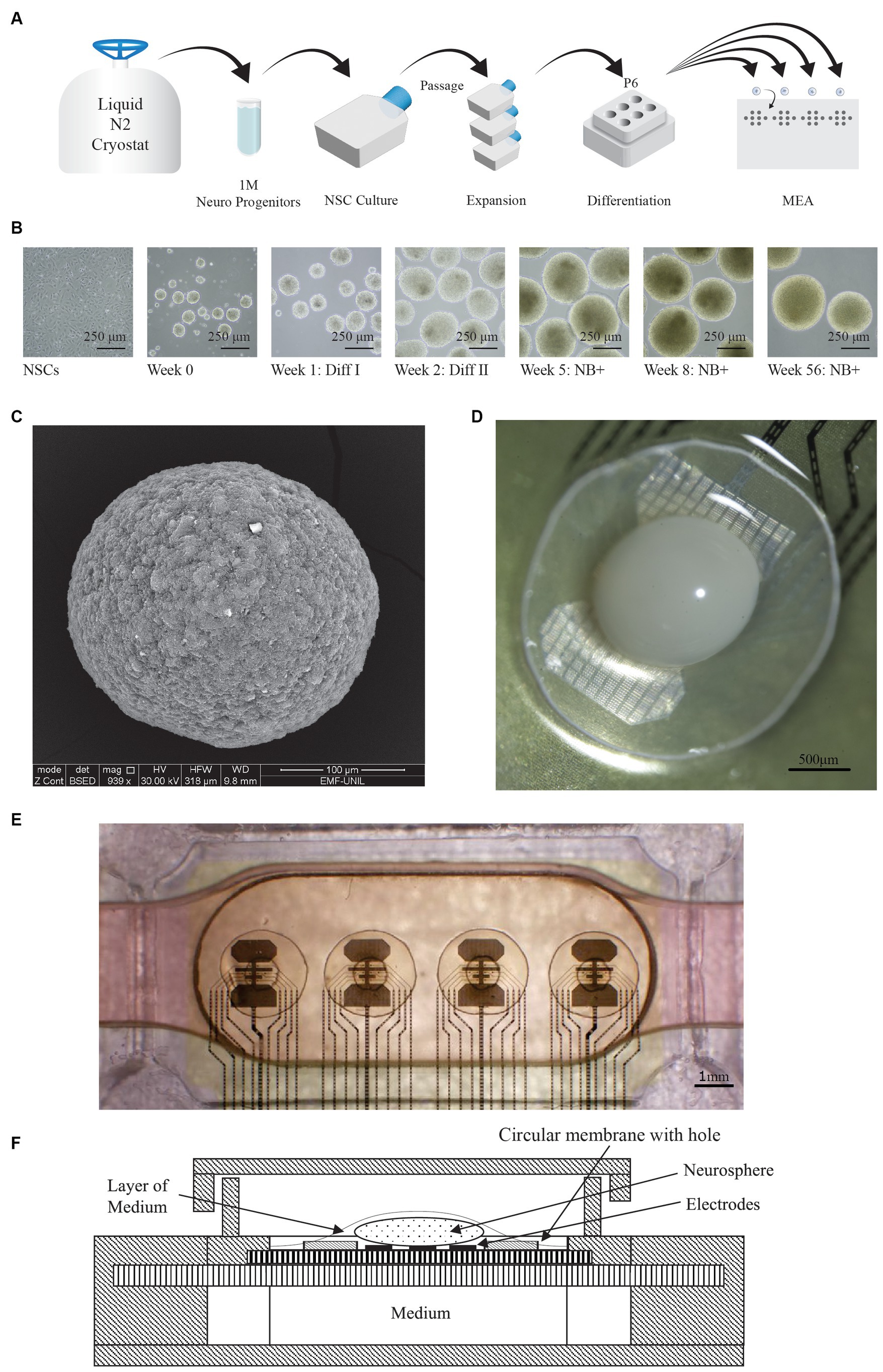The world’s first bioprocessor

In a groundbreaking development, Swiss biocomputing startup FinalSpark has unveiled an innovative online platform known as Neuroplatform. This cutting-edge platform offers remote access to 16 human brain organoids, a pioneering step in the realm of biocomputing. FinalSpark asserts that its Neuroplatform is the first in the world to deliver access to biological neurons in vitro, providing a unique and revolutionary approach to computing. According to the company, these bioprocessors consume up to a million times less power than traditional digital processors, potentially revolutionizing the way we approach energy consumption in computing.
The Neuroplatform is not only capable of learning and processing information but also promises a significant reduction in the environmental impact of computing due to its exceptionally low power consumption. In a recent research paper, FinalSpark highlighted the energy-intensive nature of training large language models (LLMs) like GPT-3, which can require approximately 10GWh of energy—about 6,000 times the annual energy consumption of an average European citizen. By deploying bioprocessors, such high levels of energy expenditure could be dramatically reduced, presenting a more sustainable alternative.

The operation of the Neuroplatform is based on a sophisticated architecture that combines hardware, software, and biological components, a configuration often referred to as wetware. The core innovation of this platform lies in its use of four Multi-Electrode Arrays (MEAs), each housing living brain tissue organoids. These organoids are three-dimensional cell clusters that emulate brain tissues, allowing for advanced neuronal activity and data processing.
Each MEA within the Neuroplatform holds four organoids and is equipped with eight electrodes for both stimulation and recording of neuronal activity. The data from these electrodes is managed through digital-analog converters, specifically the Intan RHS 32 controller, which operates at a 30kHz sampling frequency and provides 16-bit resolution. These architectural features are complemented by a microfluidic life support system that ensures the longevity and viability of the MEAs, as well as monitoring cameras that track the organoids’ condition. Additionally, a comprehensive software stack allows researchers to input data variables and interpret the output generated by the bioprocessors.

In an effort to advance bioprocessing research and development, FinalSpark has granted access to its Neuroplatform to nine research institutions. By collaborating with these institutions, the company aims to create the world’s first living processor. The platform has also attracted interest from over three dozen universities keen to explore the potential of this groundbreaking technology.
Access to the Neuroplatform is offered to educational institutions through a subscription model, with a fee of $500 per month per user. This pricing structure makes cutting-edge biocomputing technology accessible to a wide range of researchers and developers, fostering innovation and discovery in the field.
While traditional silicon chips are known for their durability, often lasting years or even decades, the neuronal structures used in bioprocessors have a different lifecycle. FinalSpark notes that these structures are suitable for experiments lasting several months. Initially, the MEAs developed by the firm had a lifespan of only a few hours. However, through continuous refinements and advancements, the current lifespan of the organoids has been extended to approximately 100 days, making them viable for longer-term research projects.
- See also: World’s smallest quantum light detector
FinalSpark’s Neuroplatform represents a monumental step forward in the field of biocomputing. By offering a sustainable and efficient alternative to traditional computing methods, it opens new horizons for research and development while addressing critical environmental concerns. The potential applications of this technology are vast, ranging from reducing the energy consumption of data centers to enabling more sophisticated and human-like artificial intelligence systems. As the world continues to seek innovative solutions to its technological challenges, FinalSpark’s Neuroplatform stands out as a beacon of progress and possibility in the ever-evolving landscape of computing.
The article with details about the Neuroplatform has been published in Frontiers of Artificial Intelligence.






